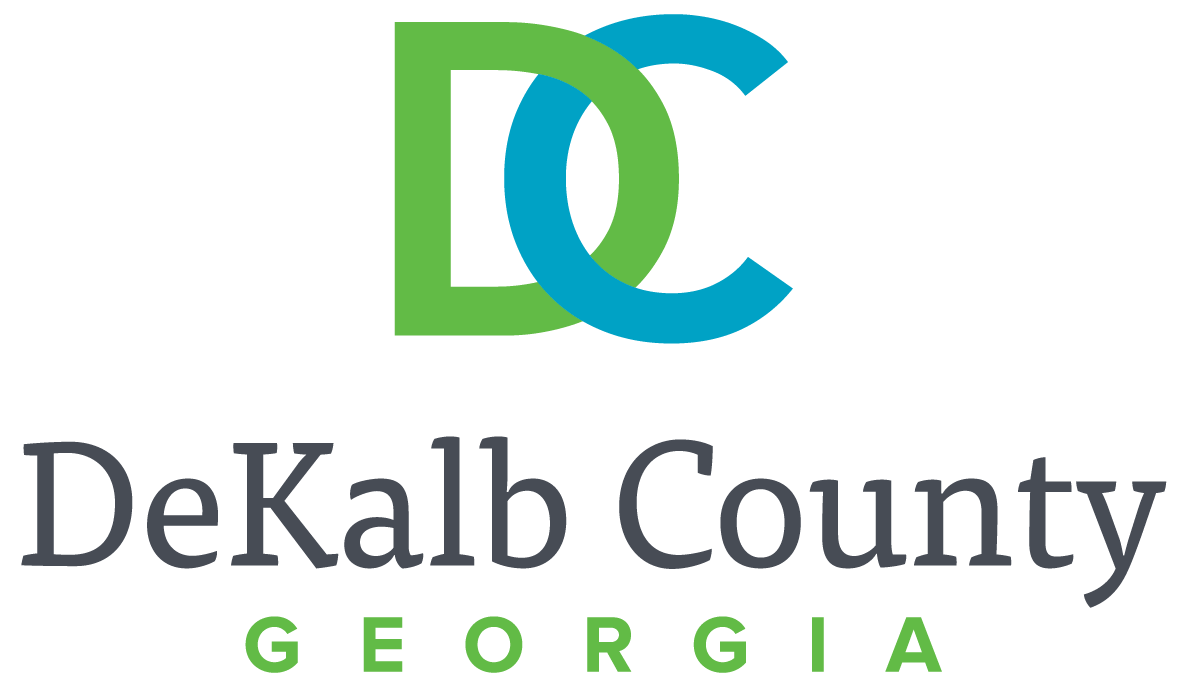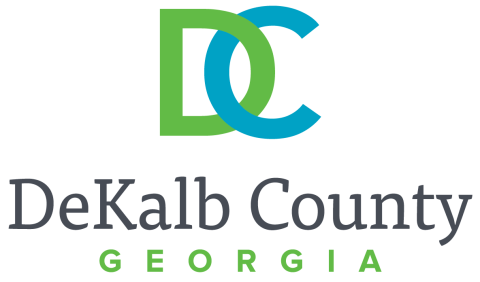
DECATUR, Ga. – DeKalb County has removed more than 80 tons of sediment and debris from clogged sanitary sewer lines in a comprehensive effort to reduce sewer overflows and increase functional sewer capacity.
With more than 2,600 miles of sewer lines, DeKalb prioritized cleaning 818 miles of sewer lines documented to be in need of immediate maintenance due to age and repeat overflows.
“Issues associated with reduced sewer capacity have begun to negatively impact our quality of life and hinder economic development in DeKalb County,” said CEO Michael Thurmond. “We will almost certainly restore functional capacity to the system through sewer cleaning.”
According to Department of Watershed Management (DWM) records, the county sewer system has not received a comprehensive cleaning in more than half a century.
Approximately 73 percent of the county’s priority large sewer lines with diameters greater than 18 inches have been inspected and 38 percent have been assigned for cleaning. DWM inspections confirmed that nearly one-half of the inspected lines contained blockages that significantly reduced sewer flows.
The county’s sewer cleaning program targeting smaller lines is nearing completion. Of the 765 miles that are less than 18 inches in diameter, approximately 96 percent have been inspected and cleaned.
The sewersheds that have areas cleaned to date include:
- Indian Creek
- Shoal Creek
- Cobb-Fowler Creek
- North Fork Peachtree Creek
- Nancy Creek
- Peavine Creek
These areas represent 27 percent of all sanitary sewer overflows during the past three years (2015-2017).
More than $16 million from county bonds were appropriated to support the county-wide sewer cleaning initiative. A total of $65.8 million has been appropriated to repair and enhance the county’s sewer system in response to a 2011 consent decree agreement with the Environmental Protection Agency. The agreement requires the county government to significantly reduce sanitary sewer overflows by improving management and operations and rehabilitating the sewer system.
In February 2017, the BOC adopted CEO Thurmond’s request to allocate $35.4 million in additional funding for the assessment, cleaning and repair of the remaining 1,800 miles of county sewer lines.
###

